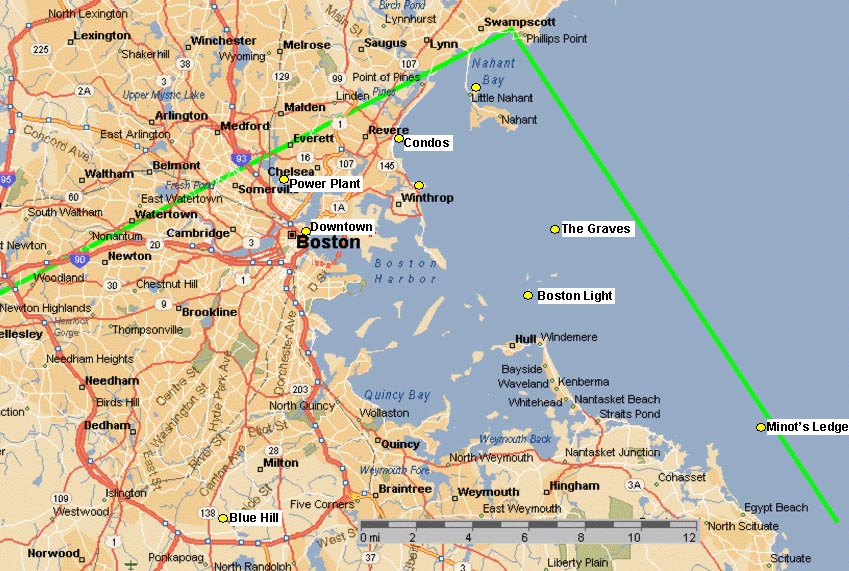It has mostly been my life experience to find soul-mates after they have died. T.S. Eliot, for example. I remember reading his work in college, falling head over his words, and then having to come to terms with the fact that he was, in fact, dead. It happened again when I watched Ingmar Bergman's
Through a Glass Darkly, and then continued to watch all of his films. He had not died yet, but I could not think of what to write to him on a postcard. But then he died, as people tend to do.
I don't know how I came across
Anka Zhuravleva's photographs, but I did recently, and I think we have a similar vision of the world. Or, at least, I recognize in her vision something of my own. I suppose that's one sign of a great artist . . . making it sort of impossible for anyone not to see themselves in the vision.
In her bio, she notes the deaths of her parents, within two years of each other, when she was a young woman. Perhaps, then, that's what I share with her. Perhaps there's something that happens, when that happens, if it happens at just the right time in a persons's life, and that person already had tendencies to imagine herself away. . . Maybe that's what I see in her work that makes it seem to me that she has shown me a photograph she took of my nightmare last night, and of my dream by day.
Regardless, her work has a disjointedness about it that I enjoy. The way she shows the impossibility of reality by showing what it can't do. To show how impossibly grounded the world is by showing the wishes. To show the limits of the body by showing images of the body in motion, the body outside of gravity, the body moved by the unseen that isn't. The photograph's attempt to capture the can't-be, as though it did catch it, like you will hear suddenly the voice of a long-dead friend saying your name, and you turn to it and find you'd heard the voice through your mind and not through your ear. And then you remember why and see that you're still standing in the world, somehow, and on your way to whatever task you have.
I think one of the great things about Zhuravleva's work is that, unlike the typical visions we're given of impossible worlds (the romantic comedy, for example, or most anything on TV) is that she's asking us to ache for the can't-be rather than pretending that the can't-be can. She provides longing for us, and lets us both feel it and think about it. Her photographs don't say, Here is a fantasy for you to escape your life by living. Her photographs don't say, Fantasy is better than reality, and so despise your reality now that it isn't like what you can imagine. Her photographs say, Look, look what I found for you, look at the impossibility of beauty through its impossibility.
This especially becomes interesting when even scrolling down her
Facebook page, for there is a mix of the obviously fantastical photographs with straight-eyed head shots, or a woman sitting at a table and not, as in another photograph, floating into the room. And so the bleed-over from the fantastical photographs onto the more realistic photographs begins a deeper narrative about the real. For suddenly, I think, the viewer begins to see the woman floating while being trapped inside the gaze of a woman who stares out, daring us to look away, to float away, to leave as all people do eventually.



